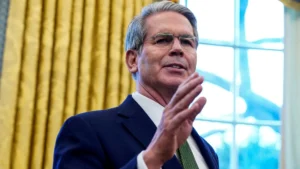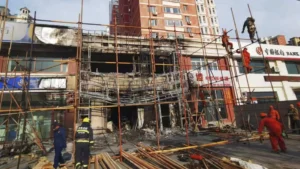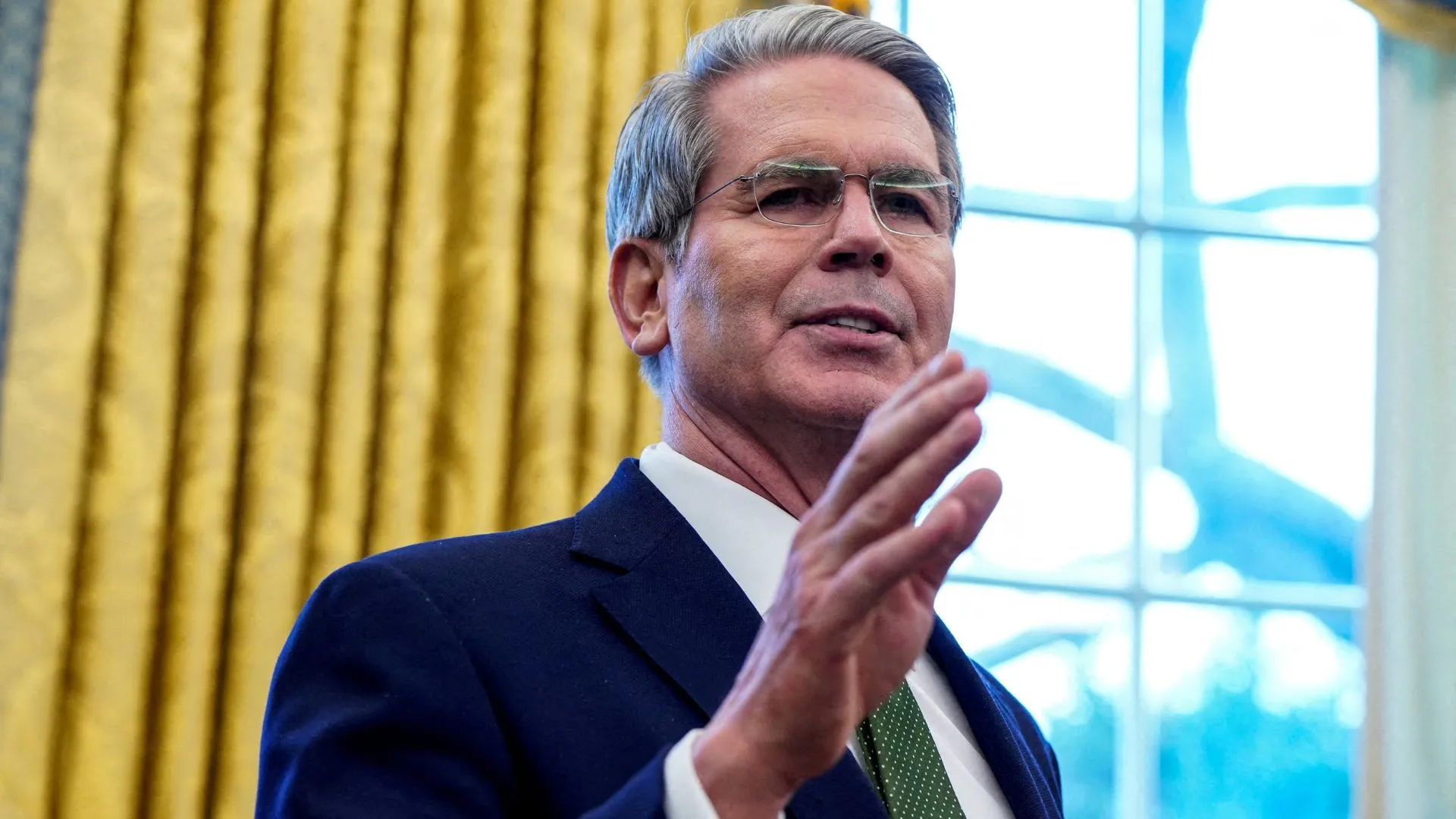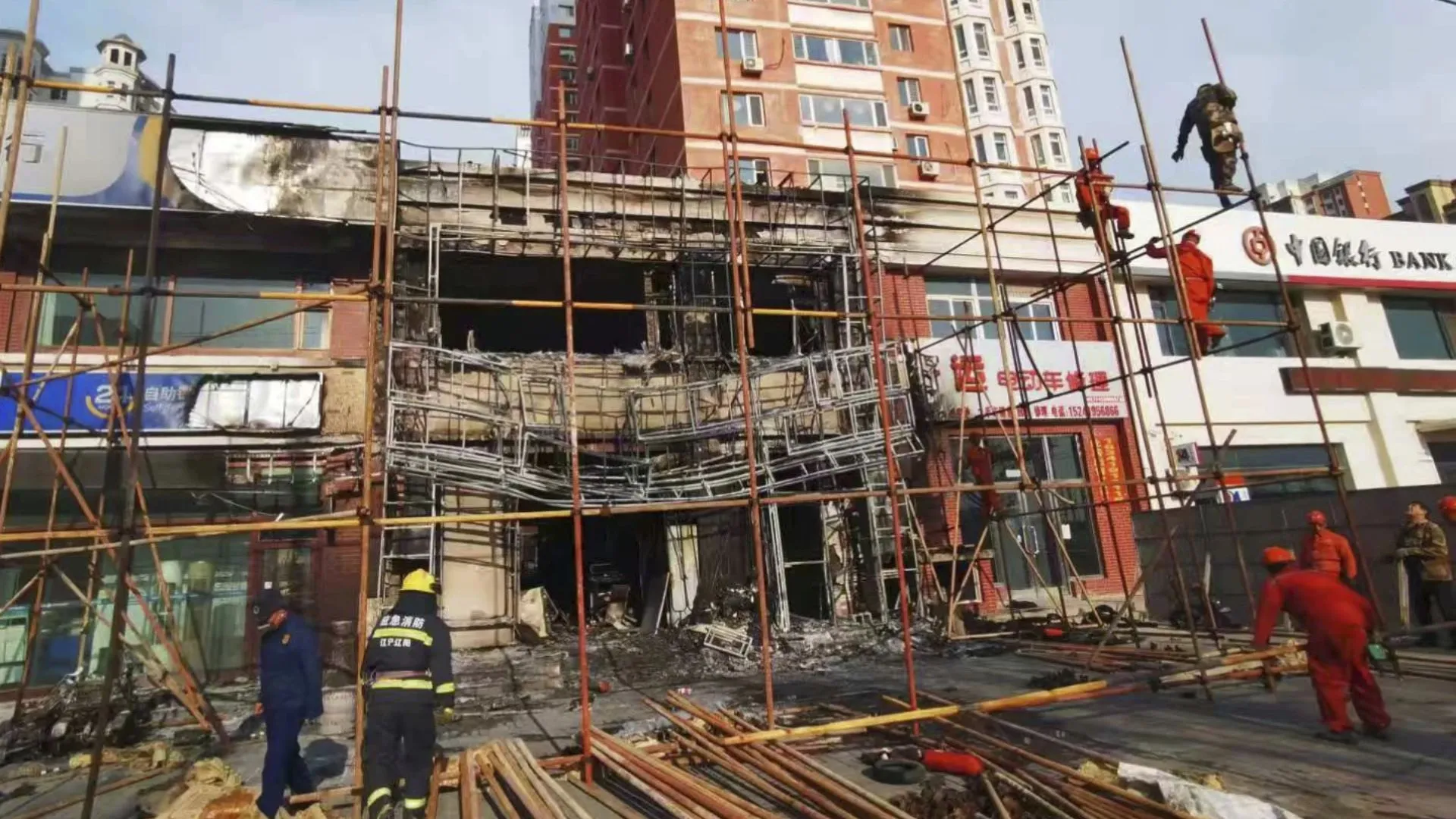Mohammed al-Bashir, a prominent official under the Islamist group Hayat Tahrir al-Sham (HTS), has been appointed as Syria’s prime minister, reports confirmed on Monday. His new role comes after HTS and Turkey-backed rebels made a surprise advance to seize the Syrian capital, Damascus, in the early hours of Sunday.
Rebuilding a war-torn nation
Al-Bashir previously headed the Salvation Government, an entity linked to HTS that governed regions in northwestern Syria, including Idlib. Reports also suggest that he recently met with HTS leader Abu Muhammad al-Jolani and Mohammed al-Jalali, a former prime minister under the Bashar al-Assad regime.
Speaking about his new role, al-Bashir acknowledged the enormity of the task, stating, “Rebuilding a war-torn nation while ensuring political stability is a responsibility we must collectively shoulder.”
Who is Mohammed Al-Bashir?
Born in 1986 in Idlib’s Jabal Zawiya region, Mohammed al-Bashir is a Syrian engineer and politician who has risen through the ranks in a tumultuous political environment. His educational background reflects a diverse set of qualifications. He has a degree in electrical and electronic engineering with a specialization in communications from the University of Aleppo. He has also completed an advanced English language course under Syria’s Ministry of Education.
Bashir has achieved a degree in Sharia and law with honors from the University of Idlib, alongside certifications in administrative planning and project management from the Syrian International Academy for Training, Languages, and Consulting.
Al-Bashir initially worked as an engineer supervising a gas plant for the Syrian Gas Company. However, the Syrian uprising led him to leave his government position and join the revolution in 2021.
Role of Mohammed Al-Bashir in the Syrian salvation government
In January 2024, the Shura Council of the Salvation Government elected al-Bashir as prime minister. He focused on modernizing governance by advocating for e-government and automation of services. His tenure also saw the introduction of policies such as reducing real estate fees, relaxing planning regulations, and initiating consultations to expand Idlib’s zoning plan.
During the recent Northwestern Syria offensive in late November, HTS and allied rebel groups captured Aleppo. Al-Bashir defended the offensive, claiming it was a response to regime attacks that displaced “tens of thousands of civilians.” At a press conference, he called for international attention to the humanitarian crisis.
On December 4, al-Bashir visited Aleppo to oversee the establishment of government offices. He praised returning civil servants for their dedication, remarking, “Their commitment is a cornerstone for rebuilding this nation.”
Also Read: Bashar al-Assad Net Worth: How Syria’s Most Powerful Family Made Billions























